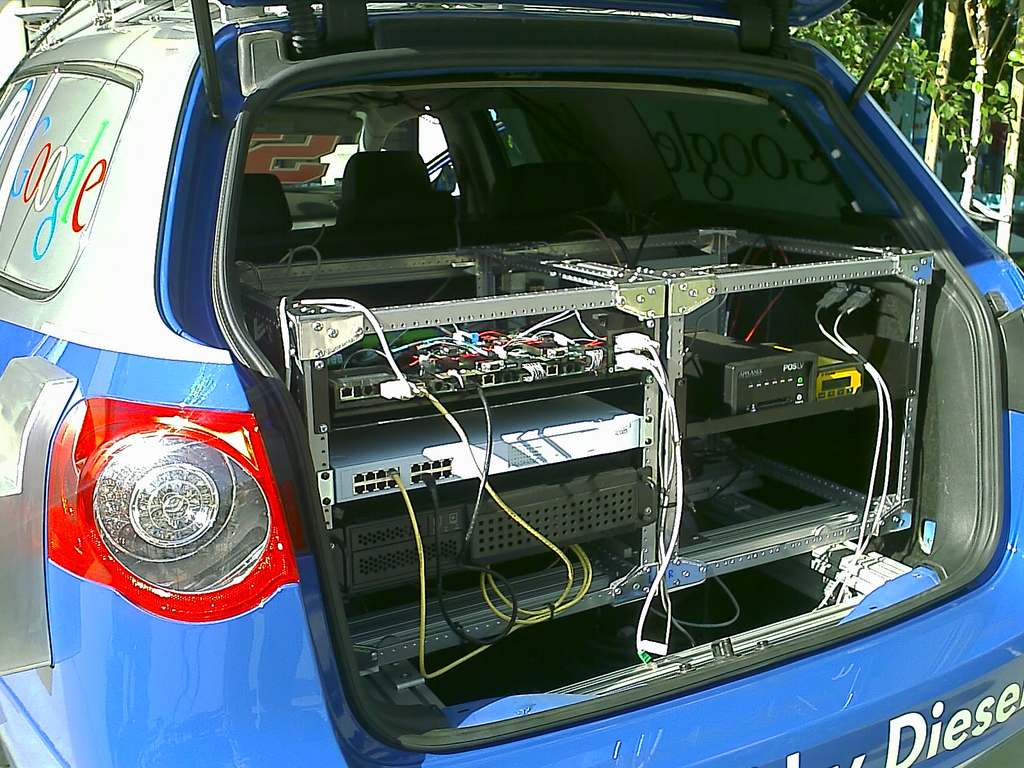Blockchain Technology Could Power Driverless Cars
We most commonly associate blockchain technology with digital currencies and other financial transactions. But there are other potential uses for blockchain’s distributed ledger, where data can’t be changed, forgotten, or stolenThe automobile industry plans to tap into this, full speed ahead, in their development of driverless cars, or as they are known in the industry, autonomous vehicles.
Autonomous vehicles may be the future of the automobile industry. McKinsey and the Boston Consulting Group project widespread adoption of autonomous driving by 2035. In 2016, Ford, General Motors, Volvo all announced partnerships with software companies, and Google, Uber, Tesla, and Apple are all developing applications.
Blockchain technology has come intriguing implications for autonomous vehicles. “Hundreds of billions of miles of human driving data may be needed to develop safe and reliable autonomous vehicles,” said Chris Ballinger, Toyota Research Institute’s director of mobility services and chief financial officer. “Blockchains and distributed ledgers may enable pooling data from vehicle owners, fleet managers, and manufacturers to shorten the time for reaching this goal.”
Because blockchains do not rely on a central authority to store and verify data, they do not have a single point of failure, where malfunction or hacking could spell disaster for autonomous vehicles on the road. The ability to compile, mine, and analyze data on a blockchain could be instrumental in making autonomous vehicles a safe and viable option. For instance, autonomous vehicles in Great Barrington, MA and New York City, NY can’t drive under the exact same rules, due to different congestion, topography and even social norms. Data on a blockchain may be instrumental in ensuring that an autonomous vehicle does not mistake an enormous oak tree for a sky scraper, or a cross walk for a turkey crossing.
Other companies are looking for what’s next after wide adoption of autonomous vehicles. Oaken, a company developing applications for autonomous vehicles, seeks to use “smart contracts” and cryptocurrencies to enable better opportunities within the automobile services sector. According to Oaken, autonomous vehicles could soon be able to drive themselves to a carwash or oil change and pay with a cryptocurrency. Vehicle sensors and blockchain technology would combine to track performance and monitor maintenance. With the use of vehicle sensors and a blockchain, tracking performance, maintenance cycles, or expected malfunctions within the autonomous vehicles just got a lot less stressful for the owner.
For example, on Monday morning you get an alert that your autonomous vehicle isn’t performing the way thousands of others are in your area. Because of this alert, your autonomous vehicle recommends that it goes to an auto shop for diagnostic testing. Fortunately for you, the vehicle just needed an alignment and it pays the auto body shop in cryptocurrency, using a blockchain transaction platform. Upon release from the auto body shop, two crucial data points were updated to your autonomous vehicles personal blockchain ledger; (1) The vehicle problems for the auto body visit, and (2) The solution to the problems. Now, with the blockchain ledger updated, those thousands of other autonomous vehicles that are similar and in your area, can learn from this information. This will enable those thousands of vehicles to be more effective and reliable from this incident, and vice versa.
By 2035, autonomous vehicles are expected to capture 25% of the new car market and take home $77 billion. With such a promising and bold prediction, the disruption will have a ripple affect among vehicle – dependent companies. For such to stay ahead, they must stay prepared, and this is where Blockchain technology comes in. Blockchain’s digital ledger capabilities, and autonomous technology are in for a bright future, filled with breakthroughs, triumphs, and disruption. This relationship will grow, mature, shake up industries, and eventually evolve into mainstream necessities.














